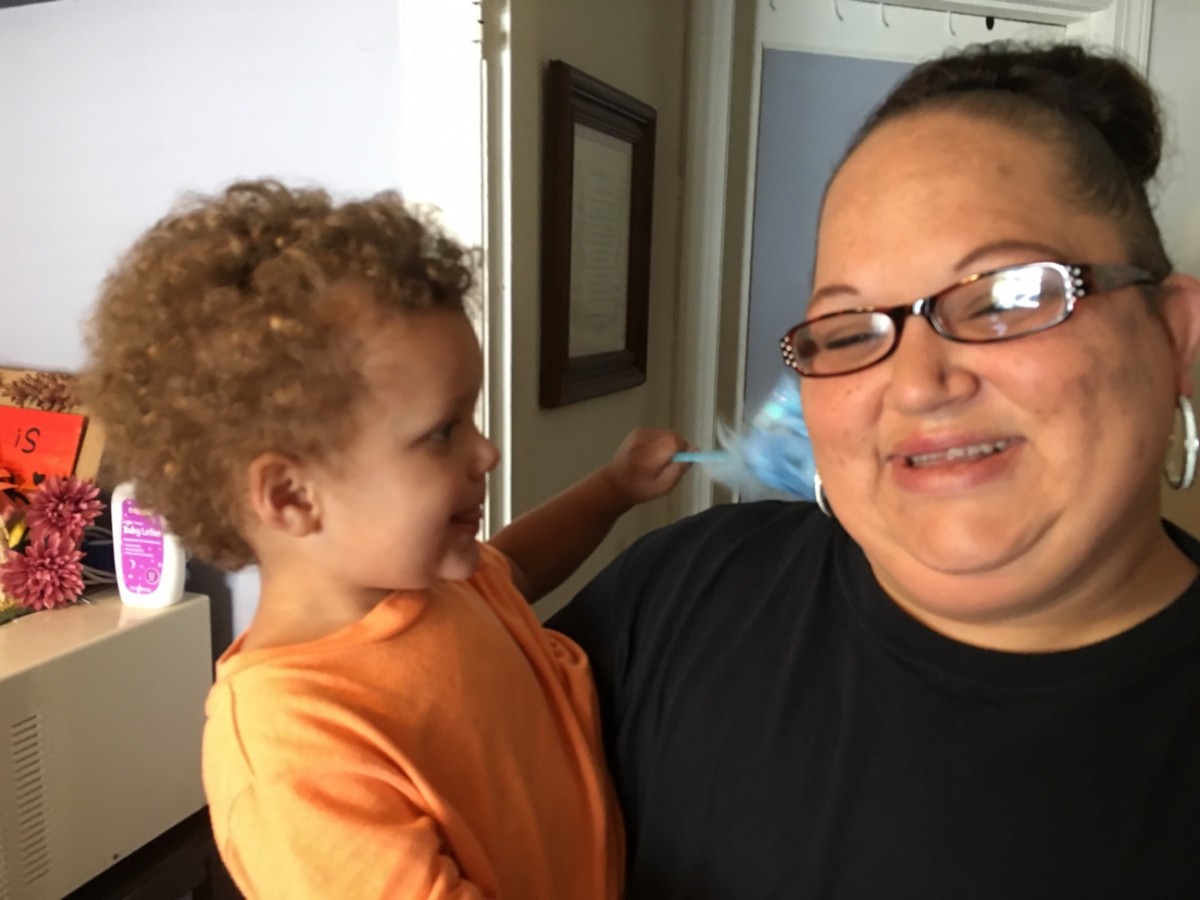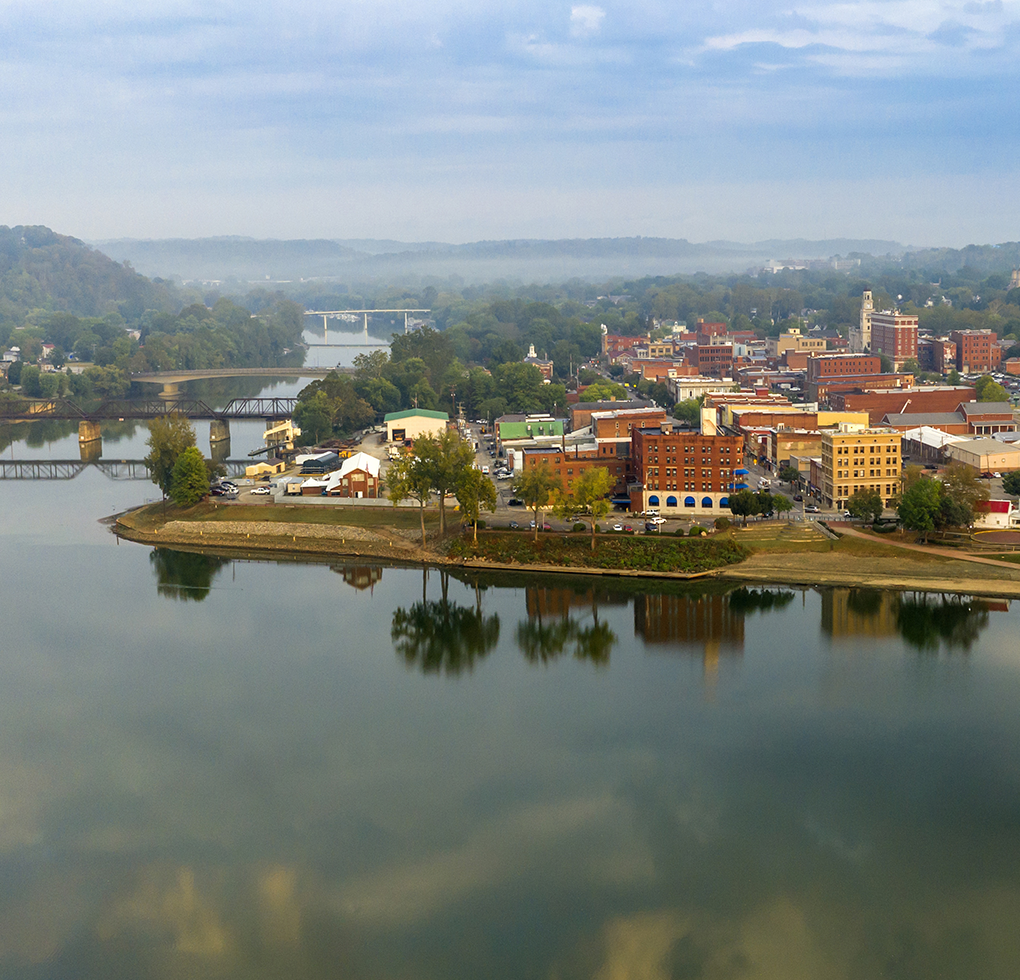Farmers see climate change as a business challenge, not a political cause that requires public action, according to a qualitative study in the Midwest.
Farmers understand that the climate is changing but don’t favor collective action to address it, according to a series of interviews conducted by researchers.
Instead, farmers tackle to the impact of climate change as a business challenge that they address through standard farming practices, like applying more fertilizer after heavy rains.
The report’s findings contradict a theory of change held by many social scientists that direct experience will change political opinions.
“Farmers are a very compelling group to study when it comes to climate change opinions,” said Dr. Matt Hauser, a sociologist at the University of Indiana and co-author of the study. “In some ways, they’re an ideal archetype of the climate skeptic: white, male, older and conservative.”
Hauser said that farmers are acutely tuned to their local environment, unlike many people who work indoors. “This makes farmers a living laboratory for social science research, where we can study the question of what will lead to social change,” Hauser said.
The interviews were conducted by University of Indiana researchers focusing on the nexus of nitrogen fertilizer application, climate and weather, water quality and political opinions. More than 100 row crop farmers in Indiana and Iowa were interviewed for the project. The co-authors report their findings in the paper, “Farmers’ Perceptions of Climate Change in Context: Toward a Political Economy of Relevance,” published in Sociologia Ruralis, the Journal of European Society of Rural Sociology.
Participating farmers reported that they had, indeed, noticed a increase in changing weather patterns, particularly with the number of heavy rain events. When these heavy rains occur, nitrogen fertilizer is likely to wash into rivers and streams. Many farmers then re-apply fertilizer to support crop production, leading to increased overall levels of fertilizer application.
In addition to the cost of the extra fertilizer, increased nitrogen runoff is also implicated in water pollution and contributes to approximately 75% of the “dead zone” in the Gulf of Mexico. Nitrogen fertilizer production, with fossil fuels as its main ingredient, is also a major contributor to greenhouse gas emissions.
“Our findings indicate that political economic pressures, like declining profit-margins, motivate farmers to be primarily concerned about the barriers to profits presented by heavy rain events and Nitrogen loss,” the study states. “Though certain environmental impacts of Nitrogen loss were acknowledged, farmers primarily typified the impact of heavy rains as a barrier to production.”
“One of the main points of the study, and our research more broadly, is not to say that farmers are bad actors or that they’re acting irrationally,” Hauser said. “Instead, it’s important to understand the system of production imperatives and public policy that farmers are embedded in.”
Hauser said that the evidence suggests that the need to maximize profits through a perceived lens of maximizing production leads to “an accelerated treadmill and overlooked contradiction when it comes to nitrogen management.”
In West Central Iowa, spreading nitrogen fertilizer in the fall or winter for next year’s crop is a standard practice, according to farmer Bill Frederick. The Jefferson area farmer produces crops and livestock, along with operating a custom cover crop business.
“There is a lot of potential for changing practices to improve the problem” of nitrogen fertilizer loss, Frederick said. “Through cover crops and no till practices, the potential is there.
Frederick, a member of Practical Farmers of Iowa, applies liquid nitrogen in the spring and uses no-till and cover crops during seasons when his fields are not producing corn, soybeans and oats. While he said these practices haven’t led to a decrease in nitrogen fertilizer on his farm, they haven’t increased fertilizer application either.
“I’m pretty much in the minority around here,” Frederick said. “But the last two falls have been abnormally wet, and we are able to get into our fields (for harvest) when others can’t. I don’t know how much of that is the no-till and how much is the cover cropping, but there’s a lot of potential to expand these practices.”
Farmer-driven research efforts like those of Frederick and Practical Farmers of Iowa could help to improve the quality of research and evidence for understanding these inter-related problems. With climate models predicting an increase in heavy rain events due to increased temperatures and humidity, the question of how farmers adapt and understand climate change is likely to be a continued source of social science research, according to the authors.
“These findings do not support the notion that societal responses to environmental issues emerge as the consequences related to pollution and resource degradation are experienced,” the study states. Instead, “farmers are primarily interpreting these events as threats to profitability and responding with practices that they believe will protect profitability, in many cases unknowingly increasing the likelihood of future heavy rain events,” such as increased nitrogen fertilizer application.
“This finding, in part, contributes toward explaining how the majority of farmers in the U.S. can remain skeptical of anthropogenic climate change despite evidence of their ability to accurately perceive climatic changes,” the study concludes.
This article was originally published by the Daily Yonder.



